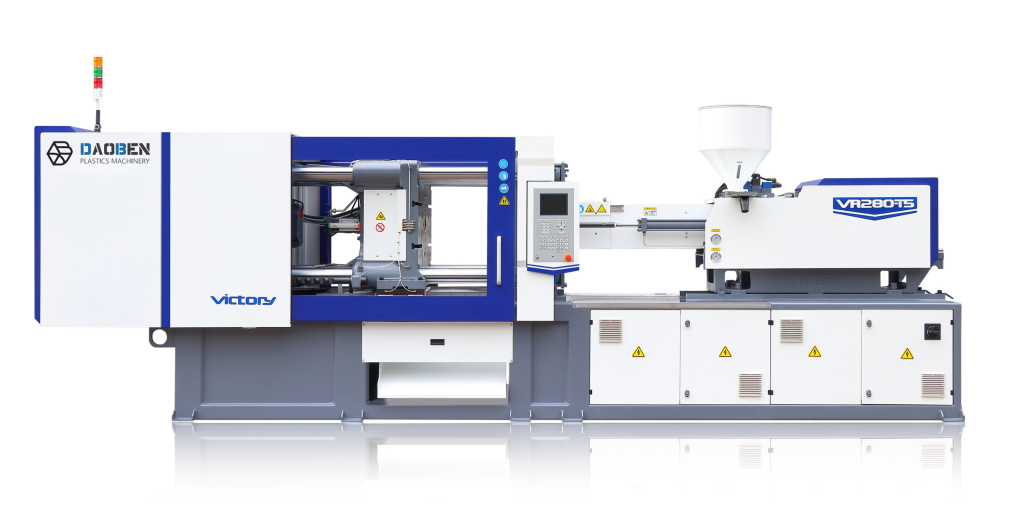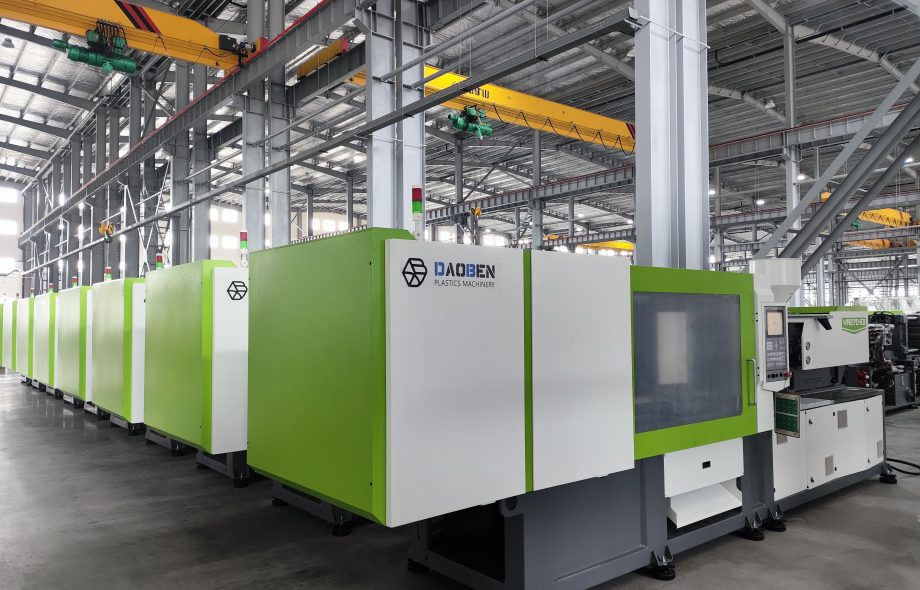Walk through any manufacturing floor and you’re likely to spot one of the unsung heroes of modern production—the molding machine. You may not think about them much, but they’re quietly responsible for shaping everything from phone cases to automotive parts. If you’ve ever wondered how raw materials become the products you use every day, molding machines are a big part of that story.
Let’s dig into what these machines do, why they matter, and how they impact the products we all rely on.
What Is a Molding Machine, Really?
In simple terms, a molding machine takes a material—usually plastic, rubber, or metal—and forces it into a shaped mold using heat and pressure. Once it cools and hardens, out pops a product (or part of one) that’s ready for assembly, packaging, or use.
There are several types of molding machines, but the most common include:
-
Injection Molding Machines – For fast, high-volume plastic part production.
-
Blow Molding Machines – Think bottles and hollow containers.
-
Compression Molding Machines – Often used with rubber and thermoset plastics.
-
Rotational Molding Machines – Great for large, hollow items like tanks or playground equipment.
Each type has its own specialty, but they all serve the same purpose: turning raw materials into precisely shaped, high-quality components.
Why Molding Machines Matter in Manufacturing
So, why is the molding machine so important? Let’s break it down:
✅ Precision
Modern molding machines can work with micron-level accuracy. That means consistent parts, reduced waste, and fewer product recalls.
✅ Efficiency
Once set up, these machines can run 24/7, cranking out thousands—or even millions—of identical parts with minimal human intervention.
✅ Versatility
From medical devices to furniture components, molding machines can handle a huge range of applications and materials.
✅ Scalability
Whether you’re a startup making a few hundred parts or a global brand manufacturing at scale, molding machines can grow with you.
Choosing the Right Molding Machine
If you’re in the market (or just curious), here are a few things that matter when choosing a molding machine:
-
Material Compatibility: Not all machines work with all materials.
-
Production Volume: High-volume needs usually mean faster, more robust equipment.
-
Part Size & Complexity: Bigger, more intricate parts may need advanced molding tech.
-
Energy Efficiency: Modern machines often come with eco-friendly features to cut down power use.

The Big Picture: Molding Machines and Product Success
The performance of your molding machine can literally make or break your product. A poorly molded part might not fit, might leak, or might fail under stress. That’s why top manufacturers invest in reliable molding machines, skilled operators, and regular maintenance.
At the end of the day, a high-quality molding machine doesn’t just build parts—it builds trust, consistency, and a reputation for quality.
Summary
So the next time you hold a water bottle, remote control, or even a car part, take a second to appreciate the molding machine that helped shape it. They might not be flashy, but they’re foundational to modern manufacturing.
Got questions about specific types or applications of molding machines? Drop them in the comments—we’re always down to geek out about smart manufacturing tech!
Daoben Machinery is a High-Performance Custom Plastic Injection Machine Manufacturer.



 :
:









